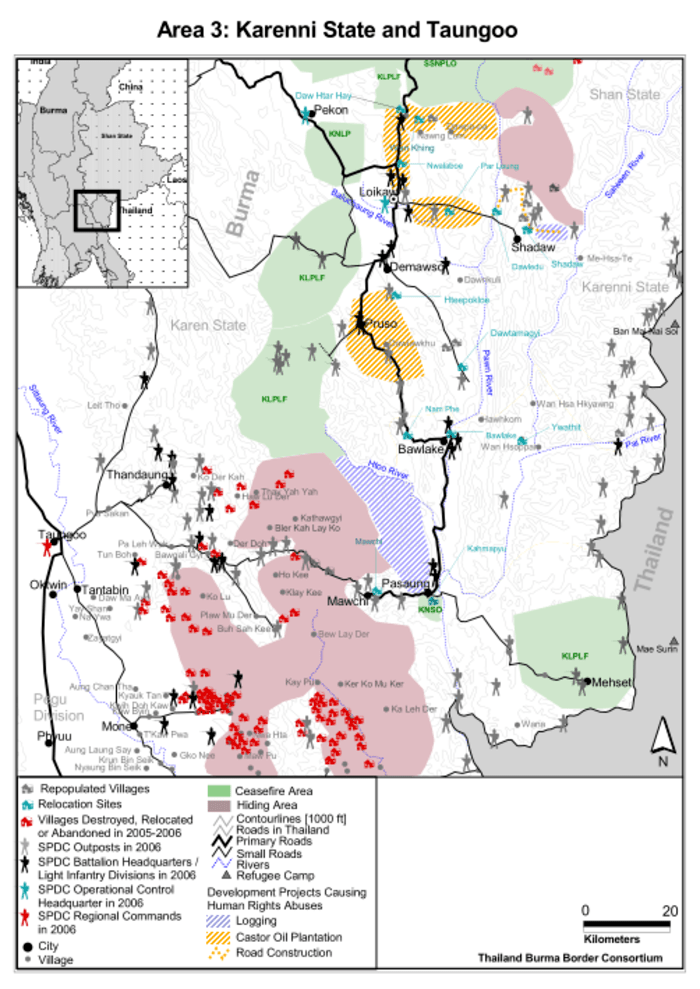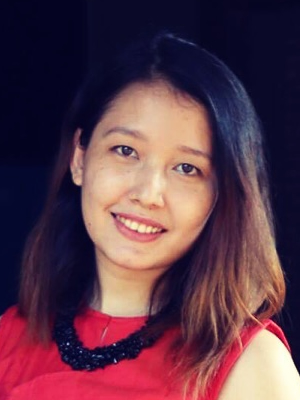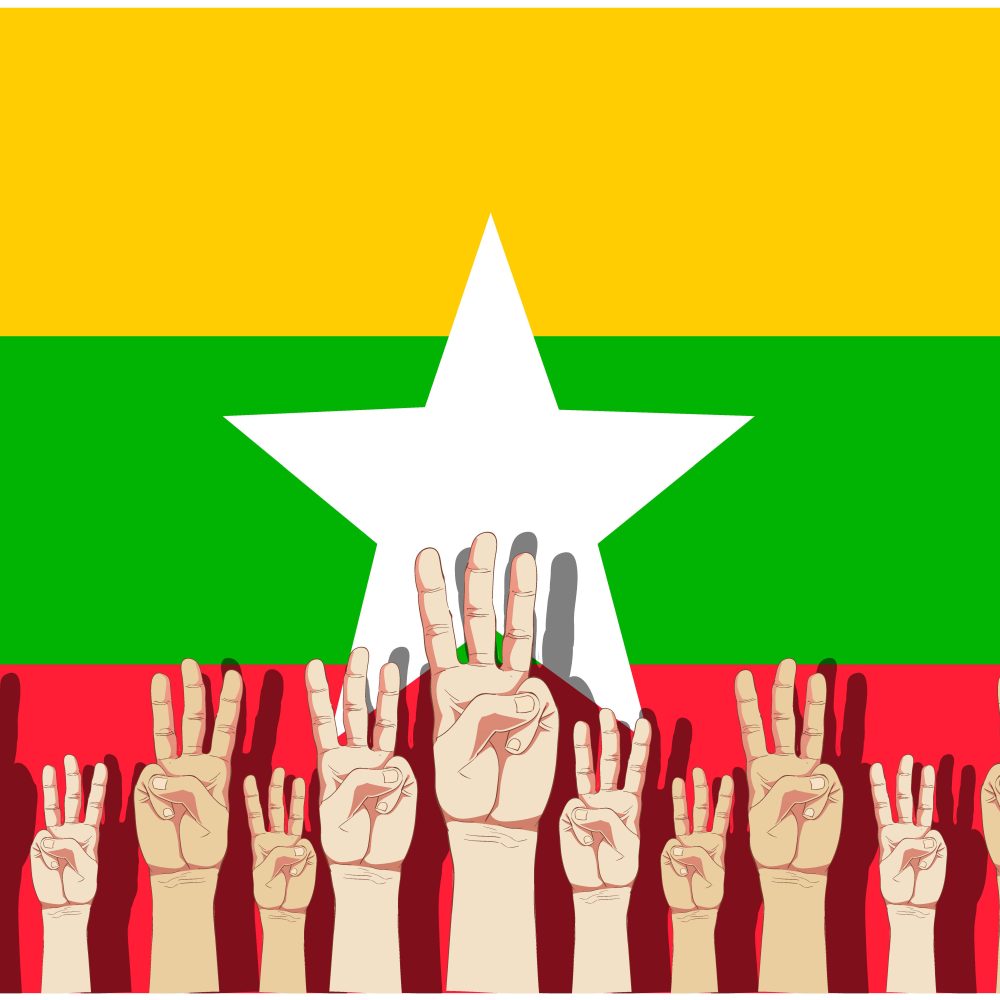Humanitarian Assistance under Crisis in Myanmar
Hnin Htet Htet Aung
(Master’s student, School of International and Public Policy, Hitotsubashi University)
January 30, 2023
Introduction
Nearly two years after undergoing a coup d’état in February 2021, the Myanmar people are confronting a humanitarian crisis. More specifically, the need for food, shelter, and water has escalated significantly. Also, due to the country’s economic and political situation, a significant portion of the population is in poverty. However, the military junta is still committing human rights violations across the country, and the restrictions it imposes are exacerbating the already desperate situation in Myanmar.
An estimated 170,000 people remain displaced in south-eastern parts of Myanmar due to armed clashes, insecurity, and violence, according to the United Nations Office for the Coordination of Humanitarian Affairs (UNOCHA). In addition, the United Nations has estimated that more than 14.4 million people will require humanitarian assistance in 2022. Internal displacement rates have risen considerably, and the additional number of internally displaced persons (IDPs) is around 367,400.
The military junta is preventing the delivery of humanitarian supplies by blocking roads, and soldiers sometimes destroy the supplies. The military junta’s behavior has worsened, and by destroying life-saving goods, the junta is creating a humanitarian catastrophe. Therefore, this paper produces recommendations for the international community and ASEAN to save the Myanmar people from the worst situation of humanitarian crisis.
The military’s reaction to humanitarian aid
Even today, the military junta continues its heinous action to destroy humanitarian aid, targeting humanitarian workers. Besides, the military junta has reintroduced four cuts (food, funding, recruits, and intelligence) for those who show resistance to the coup and the atrocious crimes. The four cuts strategy was adopted by the Burmese Socialist Programme Party in order to stop the key inputs of ethnic militias. The Karen Human Rights Group claims that the junta used the same strategy in the Karen and Rakhine States in 1960 and 2017, respectively. The need for humanitarian access has been surging since 2021. Also, the military junta is still intensifying its brutal violence on civilians, including humanitarian aid workers. For example, two staff members of the international charity Save the Children were killed in an attack by the military junta in December 2021.
The military junta is targeting food stocks and humanitarian workers. The junta’s actions can be considered a war crime. A Karenni State resident in Eastern Myanmar reported to Fortify Right how the Myanmar military junta pillaged and destroyed the possessions of civilians. The destruction included aid supplies for IDPs. In Karenni State, the military junta dismantled and burned supplies of rice stored at a school in Loi Yin Taung Chae Village in Pekon Township, located on the Karenni-Shan state border. Locals often provide evidence. For example, one local posted a photograph of a burned ambulance and burned rice lying by the road in the village on social media as evidence of how the military junta had set them on fire.

Source: Reliefweb, “Myanmar: IDPs in Karenni State and Taungoo,” (March 15, 2007).
https://reliefweb.int/map/myanmar/myanmar-idps-karenni-state-and-taungoo
Efforts by international humanitarian assistance organizations
By the end of 2021, 14 humanitarian organizations had condemned the egregious attack on civilians and aid workers by military forces. Subsequently, humanitarian agencies in Myanmar (ActionAid, CARE International, Danish Refugee Council, International Rescue Committee, Norwegian Refugee Council, Oxfam, Save the Children, and Trócaire) issued a statement at the beginning of February 2022, calling on the international community, ASEAN, the UN Security Council, and donors to act against the military junta’s restriction of humanitarian aid access.
Thus, humanitarian organizations have been appealing to the international community for a solution for civilians still in need. However, progress on implementation of the Five Point Consensus has been slow. According to statements by humanitarian organizations, the military junta is still hampering humanitarian assistance, including the destruction of stockpiled rice in villages countrywide.
Humanitarian assistance from ASEAN and Japan
During his visit to Myanmar, the Cambodian Prime Minister and ASEAN Chair Hun Sen appealed to all sides, including the Myanmar government, to cease violence and research a ceasefire. He also invited ASEAN countries to join him in providing humanitarian aid to Myanmar people who need it the most. Hun Sen asked military junta leader Min Aung Hlaing to allow humanitarian assistance. However, this request was denied, and soldiers have continued burning and destroying food and attacking aid workers since 1 February 2021.
The foreign ministers of Japan and Cambodia discussed Myanmar in a telephone call. Minister Hayashi expressed his concern over the present situation in Myanmar where violence continues, welcoming Cambodia’s active engagement as ASEAN Chair. Both ministers expressed their intention to coordinate closely. Also, according to a press release from Japan’s Ministry of Foreign Affairs, Minister Hayashi stated during Prime Minister Hun Sen’s recent visit to Myanmar, that he could observe progress toward a ceasefire with ethnic minorities and humanitarian assistance.
Throughout history Japan has had traditional ties with Myanmar. Japan has been in the foremost position to support Myanmar through official development assistance (ODA) since 1954. Japan first granted ODA 68 years ago as a form of foreign aid intended to support development in the least developed countries. ODA is one of the most fundamental needs for a developing country. Japan’s Foreign Minister has affirmed that approval of all new ODA is suspended. However, Myanmar nationals in Japan are asking for the suspension of existing aid programs to eliminate ODA in Myanmar.
The basic policy of Japan’s assistance to Myanmar consists of three priority areas: (i) improvement of people’s livelihoods, (ii) capacity building and the development of systems to sustain the economy and society, and (iii) the construction of infrastructure and related systems necessary for sustainable economic development. Ministry of Foreign Affairs stated that the additional budget to deliver humanitarian supplies through international organizations and the ASEAN secretariat is $18.5 million, in addition to $20 million since 1 February 2021.
The recent Fourth Japan-Australia-India-US (Quad) Foreign Ministers’ meeting has affirmed these countries’ support for ASEAN efforts towards a solution in Myanmar. The ministers called on the military junta to urgently implement ASEAN’s Five-Point Consensus including the access to humanitarian aid.
The Myanmar case has become a major issue within ASEAN as discord exists between ASEAN member countries related to the crisis in Myanmar. The ASEAN foreign ministers’ meeting was postponed for the first time under Cambodia’s leadership in 2022. ASEAN decided that the Myanmar military junta is only allowed to attend as a non-political representative.
Japan is planning to provide additional assistance through international humanitarian organizations due to the lack of improvement in the junta’s implementation of ASEAN’s Five-Point Consensus, especially in terms of humanitarian assistance. Japan chose international humanitarian organizations because they are still making their voices heard by the international community, the UN, and ASEAN. The question is whether its humanitarian assistance policy, intended to save people’s lives, can be entrusted to the military junta that is still preventing aid operations and demolishing supplies. Japan must ensure that humanitarian assistance intended to save the lives of Myanmar people is not under the military junta’s discretion. This remains an open question not only for ASEAN but also for the international community.
Prescriptions under international humanitarian law
The customary international humanitarian law Rule 55 of the ICRC states that “the parties to the conflict must allow and facilitate rapid and unimpeded passage of humanitarian relief for civilians in need, which is impartial in character and conducted without any adverse distinction, subject to their right of control.” Rule 56 recalls that “the parties to the conflict must ensure the freedom of movement of authorized humanitarian relief personnel essential to the exercise of their functions. Only in case of imperative military necessity may their movements be temporarily restricted.” Those rules are applicable in international and non-international armed conflicts. The illegal actions performed by Myanmar’s military junta, such as blocking humanitarian aid, arresting aid workers, and acting against humanitarian assistance organizations, are examples of failure to meet the obligations.
Recommendations to ASEAN and the international community
Aid delivery to the Myanmar people combatting a humanitarian crisis is urgent. The following recommendations should go to ASEAN and the international community to save lives and mitigate suffering.
- Investigate the arbitrary nature of tasks undertaken by the Myanmar military junta in delivering humanitarian assistance to those who need it urgently.
- Conduct a comparative analysis of Myanmar’s obligations and their violations based on UN treaties and international law.
- Assist the international humanitarian organizations operating in Myanmar to deliver humanitarian assistance to persons undergoing internal and cross-border displacement.
- Decrease communication and political legitimacy in all forms with the Myanmar military junta and increase the level of authority accorded to humanitarian aid organizations in Myanmar.
- Connect with the National Unity Government, Ethnic Armed Organizations, and civil societies to get on-the-ground information concerning the need for humanitarian assistance.
Hnin Htet Htet Aung is a Master’s student at the School of International and Public Policy at Hitotsubashi University. Before this, she was a visiting researcher at the Graduate School of Law, Hitotsubashi University. Ms. Aung has nine years of experience working in civil society, international non-governmental organizations, and a Singapore-based advisory firm. Before being a visiting researcher, Ms. Aung worked as a program director at Citizen Action for Transparency (CAfT – Myanmar). Prior to that, she was a program manager at the National Coordination Secretariat – Myanmar Extractive Industries Transparency Initiative (MEITI) and program officer at Norwegian People’s Aid and other organizations. Through her work, she has supported civil society organizations and their activists. She has published articles about the political situation in Myanmar, women’s rights, transitional justice, collective actions and freedom of expression, in both Burmese and English. She holds a master’s degree in public administration from Aldersgate College, Philippines, and a bachelor’s degree in law from Dagon University, Myanmar.


